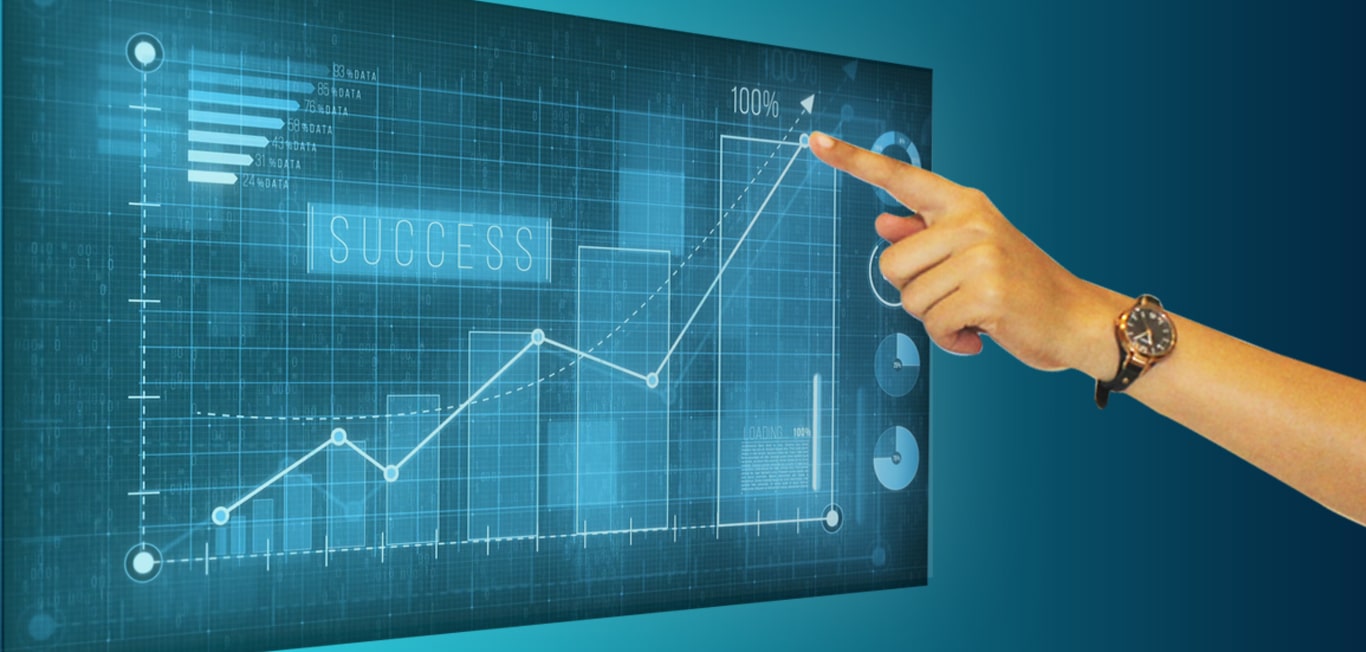What materials are the parts made of?
What are coins made of?
Coins are a ubiquitous part of our daily lives, and we use them mechanically without giving them much thought. Their fiduciary value is not intrinsically linked to the raw material of which they are made, but to the trust we have in the issuing authority. Interestingly, not all coins are created equal in terms of metallic composition! So what are our coins really made of? We’ll find out in the course of this article.
Metals used in coin production
For estimate the value of a cointo estimate the value of a coin, we need to know what metals it is made of. The main metals used to make coins include :
- Aluminum (Al): used on the surface of certain parts to prevent corrosion.
- Silver (Ag): silver is mainly used for most francs and Paris coins.
- Copper (Cu): from the 17th century onwards, copper is used as an alloy in 1, 2 and 5 euro cent coins. This is what gives them their distinctive orange color!
- Nickel (Ni): widely used in France, nickel is present in almost all French coins, whether pure or alloyed.
- Gold (Au): this precious metal is stainless and rare. It is mainly found in ancient coins (from 4000 BC onwards).
- Zinc (Zn): zinc is a common and inexpensive metal, used in alloys since it is too fragile to be used on its own.
Many alloys are also used to make coins, including steel (an alloy of iron and carbon) and bronze (a mixture of copper and tin). CuproNickel (a mixture of copper and nickel) is the most common alloy used in coins currently in circulation.
What are coins made of?
Not all coins are made from the same materials. As mentioned above, 1, 2 and 5 centime coins are made from steel and copper. As for the 10, 20 and 50 centime coins, copper, zinc and aluminum are used. 1 euro coins are made of nickel, copper and zinc, while 2 euro coins are made of nickel and copper. For gold coinsIt’s quite simple: as their name suggests, they’re made of gold.
Aluminum is highly prized for coin production, as it does not oxidize. Copper is antibacterial, and nickel is very resistant. So yes, even if they look dirty, coins are antibacterial! Some have been in circulation since 2001, and have a very long life.
Can coins be counterfeited?
In order to know if a coin is rare and authentic, coins made of precious metals have a serrated edge. This is a technical innovation dating back to the 16th century, to prevent the then-common practice of trimming coins. Today, the edge is engraved to make copying more difficult.
It’s important to make the 1 and 2 euro coins difficult to counterfeit. To this end, the center is made of cupronickel (75% copper and 25% nickel), while the crown is made of nickel silver (75% copper, 20% zinc and 5% nickel). But the real trick lies in the double color of the coins, a manufacturing process that the Monnaie de Paris patented in the 1980s!
Another feature of French coins is that each alloy has its own electromagnetic signature. The most modern, high-performance coin dispensers are capable of detecting this signature in addition to the size and weight of each coin.
How can you tell if a coin is real?
Before embarking on thebuying or selling goldWhen buying or selling gold, you need to be able to recognize genuine coins! There are official technical specifications for this: diameter, thickness, weight and edge type (ridged, smooth, debossed or embossed). Also, knowing what the coins are made of can help authenticate them, as can the motifs represented on both sides.
This process is relatively simple for everyday coins, but much more complicated for rare or precious metal coins! What’s more, the appraisal of coins from faraway countries and ancient coins requires real expertise.
How to find valuable coins?
If you want to invest in gold redemptionWhen it comes to buying gold, turn to experts like Les Métaux Précieux. Our advisors welcome you to our Paris branches, where you’ll find a wide selection of investment gold to invest your money in this safe-haven asset. And for the more impatient among you, discover our guide to which gold coins to buy.
Where to sell your coins ? If you have coins to sell, we offer you a free, no-obligation estimate! Get the right price based on the condition, value and real-time price of the metal concerned.

